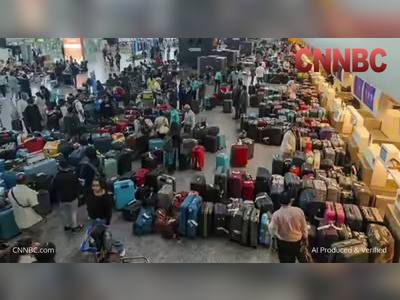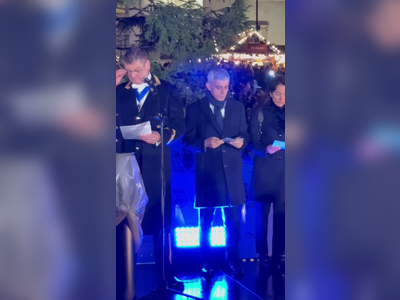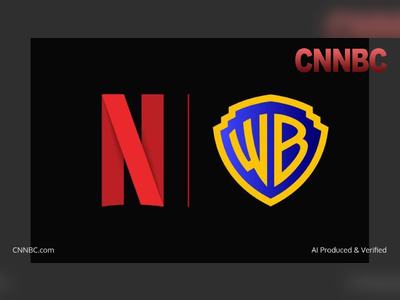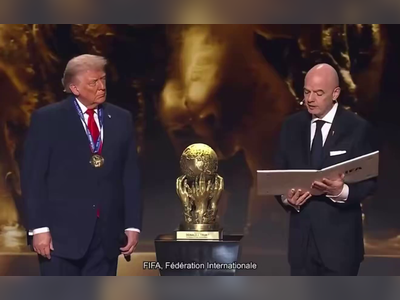
Cornell University Agrees $60 Million Deal to Restore Over $250 Million in Federal Research Funding
Ivy League school settles with the White House, pays $30 M fine and commits $30 M to agricultural research in exchange for release of frozen grants
Cornell University announced that it has reached an agreement with the White House to restore more than US$250 million in federal research funding previously frozen amid investigations into alleged civil-rights and discrimination violations.
Under the accord, the Ithaca-based institution will pay US$30 million directly to the U.S. government and commit an additional US$30 million over three years to agricultural research.
The deal also requires Cornell to provide undergraduate admissions data and other institutional information as part of the resolution of ongoing investigations.
The funding freeze, imposed earlier this year, affected dozens of federal grants and contracts valued at roughly US$1 billion, according to university statements.
Cornell President Michael Kotlikoff stressed that the university was not found in violation of Title VI of the Civil Rights Act and asserted that the agreement preserves academic autonomy in hiring, admissions and curricular decisions.
He described the resolution as a restoration of the longstanding federal-university partnership that underpins the institution’s research mission.
The US Department of Education and other federal agencies flagged Cornell for scrutiny after alleged antisemitic incidents on campus and concerns over diversity, equity and inclusion (DEI) programmes.
As part of the settlement, Cornell has pledged to conform to the administration’s interpretation of civil-rights laws in its training materials and to submit anonymised admissions metrics through 2028. The US Education Secretary described the deal as a victory in reinforcing accountability and excellence in higher education.
Some faculty and academic-freedom groups criticised the agreement, arguing it sets a precedent of government leverage over university policy and independence.
Nevertheless, Cornell leadership said the arrangement is less onerous than prior settlements reached by other Ivy League institutions and emphasised that no government official gains authority to control curriculum or personnel decisions.
The university’s US$30 million research investment will focus on advanced agricultural technologies, including artificial intelligence and robotics, reinforcing Cornell’s legacy as a land-grant institution and aligning with national priorities in food-security and innovation.
With the funding restored and investigations formally closed, Cornell signals a return to full eligibility for future federal grants and a renewed partnership with the federal government — a deal that may influence how other institutions navigate rising federal oversight in higher education.
Under the accord, the Ithaca-based institution will pay US$30 million directly to the U.S. government and commit an additional US$30 million over three years to agricultural research.
The deal also requires Cornell to provide undergraduate admissions data and other institutional information as part of the resolution of ongoing investigations.
The funding freeze, imposed earlier this year, affected dozens of federal grants and contracts valued at roughly US$1 billion, according to university statements.
Cornell President Michael Kotlikoff stressed that the university was not found in violation of Title VI of the Civil Rights Act and asserted that the agreement preserves academic autonomy in hiring, admissions and curricular decisions.
He described the resolution as a restoration of the longstanding federal-university partnership that underpins the institution’s research mission.
The US Department of Education and other federal agencies flagged Cornell for scrutiny after alleged antisemitic incidents on campus and concerns over diversity, equity and inclusion (DEI) programmes.
As part of the settlement, Cornell has pledged to conform to the administration’s interpretation of civil-rights laws in its training materials and to submit anonymised admissions metrics through 2028. The US Education Secretary described the deal as a victory in reinforcing accountability and excellence in higher education.
Some faculty and academic-freedom groups criticised the agreement, arguing it sets a precedent of government leverage over university policy and independence.
Nevertheless, Cornell leadership said the arrangement is less onerous than prior settlements reached by other Ivy League institutions and emphasised that no government official gains authority to control curriculum or personnel decisions.
The university’s US$30 million research investment will focus on advanced agricultural technologies, including artificial intelligence and robotics, reinforcing Cornell’s legacy as a land-grant institution and aligning with national priorities in food-security and innovation.
With the funding restored and investigations formally closed, Cornell signals a return to full eligibility for future federal grants and a renewed partnership with the federal government — a deal that may influence how other institutions navigate rising federal oversight in higher education.












